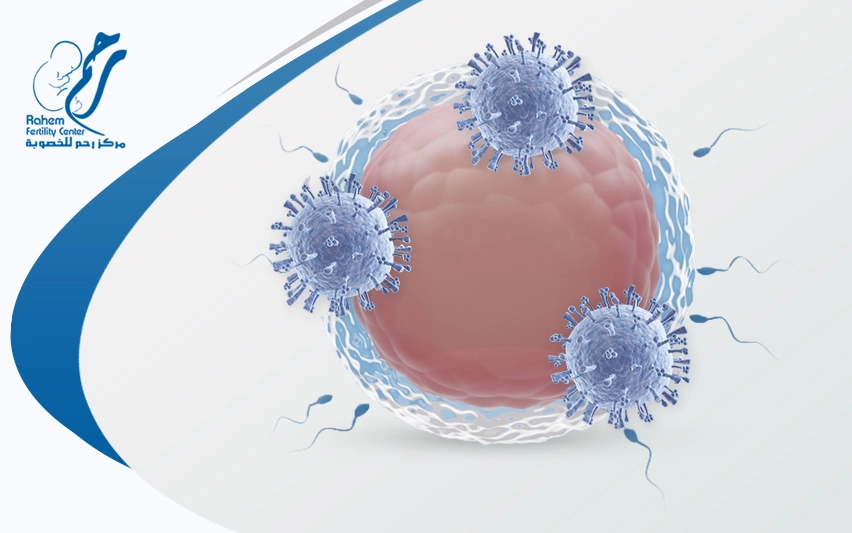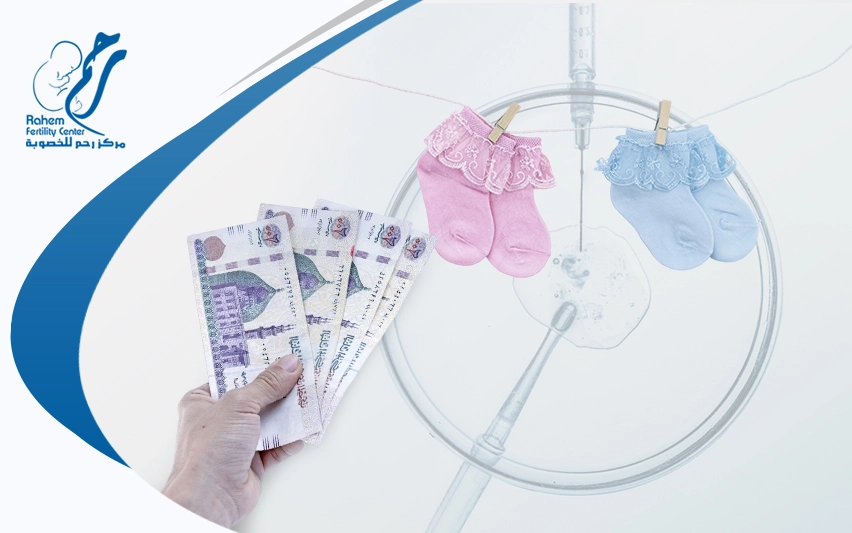Couples who reach the stage of assisted reproduction often ask one pressing question: when is intracytoplasmic sperm injection used instead of standard IVF? Understanding this choice helps reduce confusion and gives parents more control over their treatment path.
What is ICSI, and when is intracytoplasmic sperm injection used?
Intracytoplasmic sperm injection, or ICSI, is a technique where a single sperm is directly injected into an egg. It was developed to overcome severe male infertility but is now widely used in IVF clinics around the world. The goal is to ensure fertilization when sperm quality or number is too low for natural fertilization.
When do we use intracytoplasmic sperm injection?
Doctors usually recommend ICSI in specific situations:
- Previous IVF failure: when eggs did not fertilize in earlier cycles.
- Severe male infertility: low sperm count, poor motility, or abnormal shape.
- Limited number of eggs: when only a few eggs are available, maximizing each one is critical.
- Sperm retrieval from the testicle or epididymis: cases of blocked or absent sperm in the ejaculate.
In each scenario, the aim is to bypass barriers that prevent fertilization. For many families, the answer to when is intracytoplasmic sperm injection used is clear: when every single egg must have the best possible chance.
Role of IVF injections before ICSI
It is important to note that ICSI is not a standalone treatment. Women still undergo ovarian stimulation with IVF injections to produce multiple eggs. These eggs are then collected, and the ICSI procedure is performed in the lab. This combined approach increases the likelihood of creating healthy embryos ready for transfer.
For couples struggling with unexplained infertility or repeated disappointments, understanding when is intracytoplasmic sperm injection used provides reassurance that modern techniques can overcome even difficult cases.
Who is a candidate for ICSI?
Not every couple undergoing IVF needs ICSI. Doctors suggest it for patients facing specific medical barriers. A candidate may be a man with very low sperm concentration, poor motility, or abnormal sperm morphology.
Couples who have already experienced failed fertilization with standard IVF also fall into this group. In some cases, men with no sperm in their semen but viable sperm in the testicle are advised to use ICSI.
These situations explain clearly when is intracytoplasmic sperm injection used and why it can be the best option.
Which kind of patient is suitable for ICSI?
Suitability is not limited to sperm count alone. It depends on medical necessity and the couple’s fertility history. Here are the most common situations where when is intracytoplasmic sperm injection used:
- Patients with genetic conditions who may benefit from ICSI combined with genetic testing.
- Women with a limited ovarian reserve, where every egg must be maximized.
- Couples who previously faced failed fertilization with IVF.
- Cases where donor sperm is needed in difficult circumstances.
- Situations where conventional fertilization carries a high risk of failure.
This makes it clear that suitability is broader than one factor, covering overall reproductive challenges and highlighting exactly when is intracytoplasmic sperm injection used.
How much sperm count is required for ICSI?
Unlike traditional IVF, which requires thousands of motile sperm, ICSI only needs a single healthy sperm for each egg.
This is why men with extremely low sperm counts, or even those needing testicular sperm extraction, can still become fathers through this method. The laboratory selects the best sperm under the microscope and injects it directly into the egg.
Because of this, even men with severe male factor infertility are not excluded from treatment. It makes clear when is intracytoplasmic sperm injection used: when sperm count is too low for conventional fertilization to work reliably.
Choosing the right ivf center
For couples considering ICSI, the clinic’s expertise is just as important as the technique itself. A reliable IVF center like Rahem should have experienced embryologists, strong laboratory standards, and clear communication with patients.
Couples need to ask about fertilization rates, embryo culture methods, and follow-up care. Transparency helps build trust and ensures that parents fully understand when is intracytoplasmic sperm injection used in their case rather than applied as a routine step.
Making treatment IVF affordable
One of the biggest worries for families is cost. The process of IVF and ICSI can be financially stressful, especially when multiple cycles are required.
To make IVF affordable, couples should:
- Compare treatment packages at different clinics.
- Ask about installment plans or bundled pricing for IVF with ICSI.
- Inquire whether medications, such as ovarian stimulation drugs, are included.
- Seek centers that provide counseling on both medical and financial planning.
These steps make advanced fertility treatment more accessible while keeping safety the top priority.
For many patients, knowing when intracytoplasmic sperm injection is used helps avoid unnecessary procedures and manage expenses more wisely.
Key takeaway for families
The heart of the question remains: when is intracytoplasmic sperm injection used? when sperm quality, quantity, or fertilization history make natural or standard IVF unlikely to succeed. With modern techniques, even a single healthy sperm can lead to a healthy pregnancy.
By choosing Rahem Fertility Center as a trusted IVF center, asking about personalized care, and planning ways to keep IVF affordable, couples can approach treatment with confidence.
Most importantly, ICSI has helped millions of families worldwide achieve parenthood, and the science behind it continues to reassure parents that the path is safe, effective, and built on decades of proven success.









